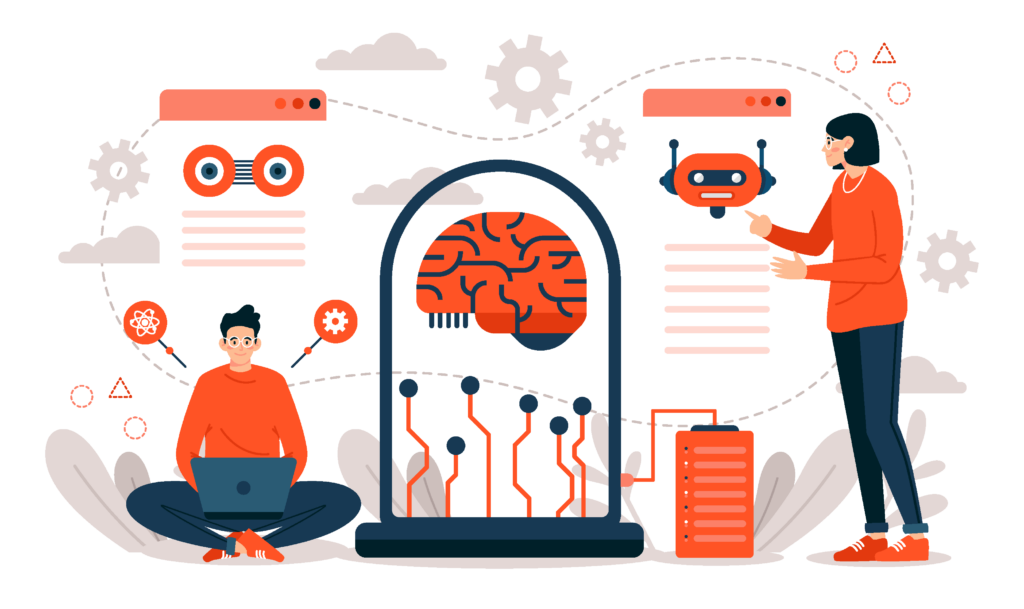Deep Learning Fundamentals (en)
This course offers a deep immersion in the field of Deep Learning, with an emphasis on the practical and experimental aspect. Students will have the opportunity to explore the fundamental concepts of neurons, neural layers, and neural network architectures, as well as learn techniques for the design, training and optimization of both simple and complex neural networks.
During the course, hands-on projects such as handwritten digit recognition (MNIST) and multiclass classification will be addressed, giving students the opportunity to apply their knowledge in real-world contexts. In addition, the course will explore crucial topics such as ReLU activations, Softmax and the importance of model performance evaluation. Special attention will also be paid to understanding and managing bias in Deep Learning models.
CODE: DSAI300
Category: Artificial Intelligence

Teaching methodology
The course includes educational laboratories in which each student will be able to work in order to complete training exercises that will provide practical experience in using the instrument, for each of the topics covered during the course.
Prerequisites
- Basic knowledge of mathematics, particularly linear algebra and differential calculus
- Understanding of the fundamentals of computer science and programming
- Knowledge of Python
- Understanding of the fundamental concepts of Machine Learning
The following is an overview of course content:
- Concepts of Neurons and Neural Layers
- Simple Neural Network
- Coffee Roasting
- Using the MNIST Dataset
- ReLU Activation
- SoftMax Activation Function
- Multiclass Classification
- Evaluation of Deep Learning Models
- Bias in Deep Learning Models
At the end of the course, participants will be able to:
- Understand concepts of neurons and neural layers.
- Create and implement a simple neural network.
- Apply machine learning in the context of coffee roasting.
- Use the MNIST dataset for classification.
- Understand and apply ReLU and Softmax activation.
- Handle multiclass problems.
- Evaluate performance of deep learning models.
- Understand and manage bias in deep learning models.
Duration – 1 day
Delivery – in Classroom, On Site, Remote
PC and SW requirements:
- Internet connection
- Web browser, Google Chrome
- Zoom
Language
- Instructor: English
- Workshops: English
- Slides: English









